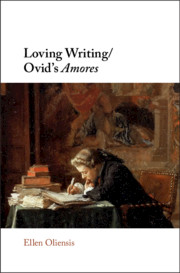It is humbling to be human. Humilitatem and humanitas have always been connected. So, Shakespeare’s characters know when they are "not gentle, not humble" [Love’s, 5,2,617]. But living in an age of service, their creator was also conscious of the fine line between humility and humiliation. Persistently, his plays therefore stage the "Cinderella" scenario of a "proud humility" [All’s Well, 1,1,172], as if he had internalized the self-abjection by which power abases itself in "the gown of humility" [Coriolanus, 2,3,36]. Almost all of Shakespeare’s references to humility describe it as an act. Hence, "I have sounded the very base-string of humility" [1Henry IV, 2,5,5], reports his most winning king. In staging his own "abject position," as a professional "waiter" on the mighty, "our humble author" [2Henry IV, Epi, 23] thereby seems to anticipate modern skepticism towards the false modesty of the "humbled visaged" [Love’s, 2,,34], the "meekness and humility" that is "cramm’d" with "arrogancy, spleen and pride" [Henry VIII, 2,4107-108]. This chapter on humility argues that Shakespeare’s dramatization of the supposed virtue has never been more relevant than in our own populist times, when the clown prince dives into our hearts, "with humble and familiar" smiles [Richard II, 1,4,25-27].
